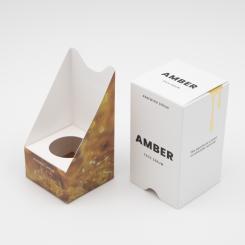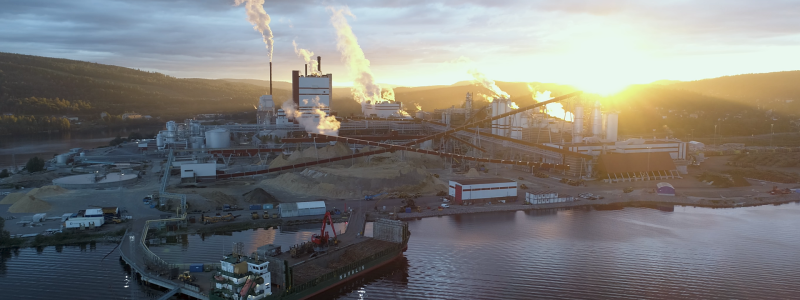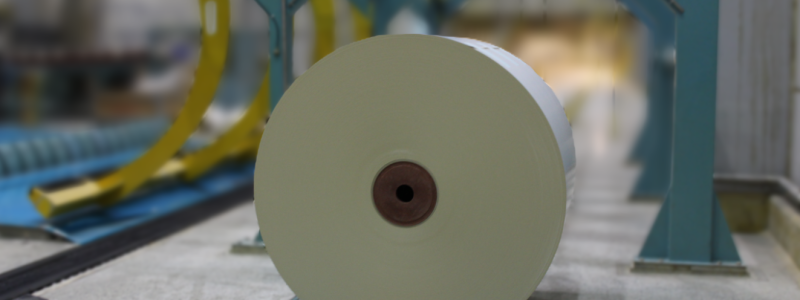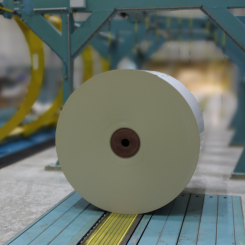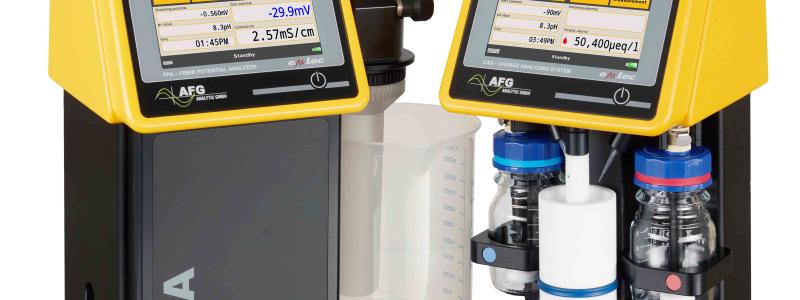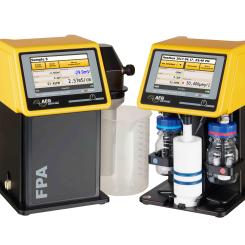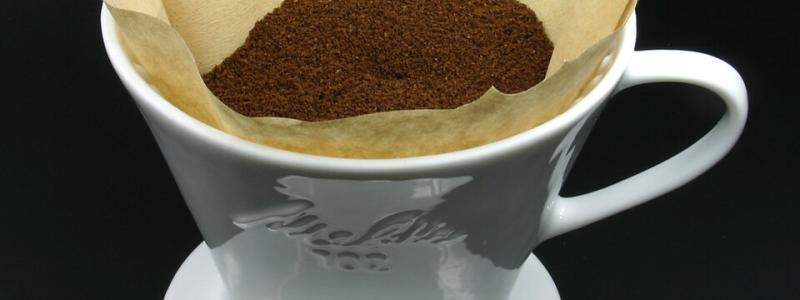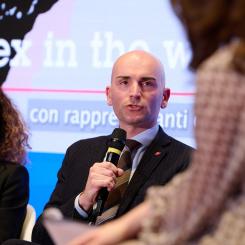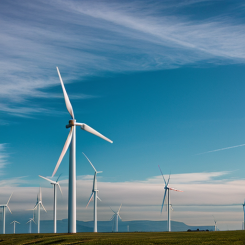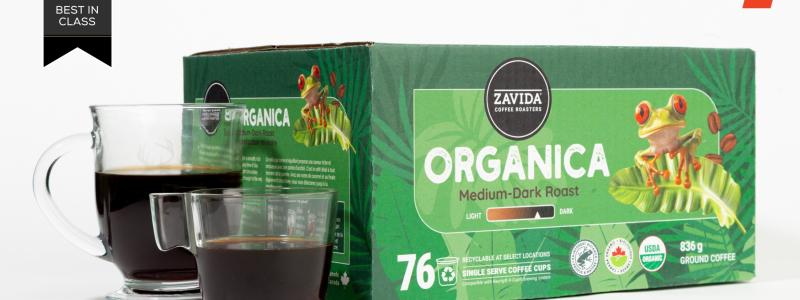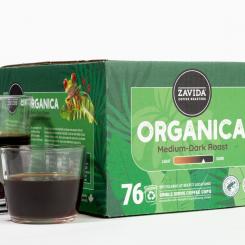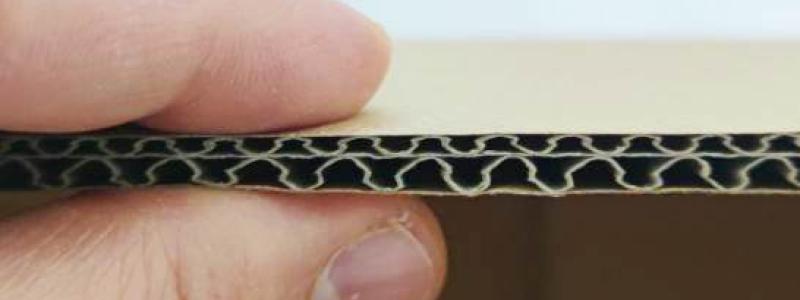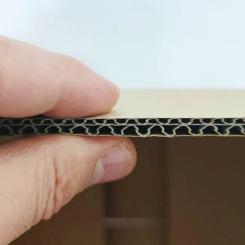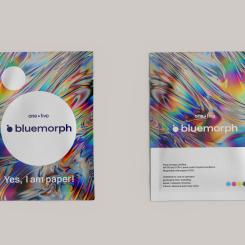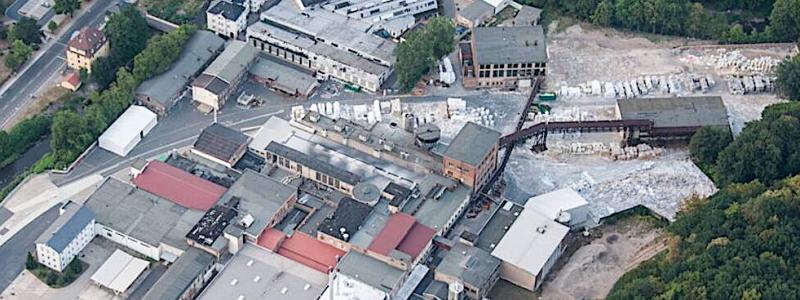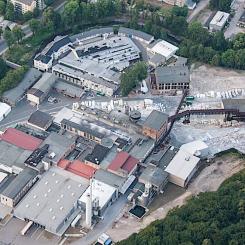Stora Enso has published its interim report January–June 2016. Sales EUR 2 526 (EUR 2 562) million decreased 1.4%. Sales excluding the structurally declining paper business and divested Barcelona Mill increased 3.6%, primarily due to the ramp-up of Varkaus kraftliner mill and additional volumes from Ostrołęka containerboard mill.
Operational EBIT increased 9.2% to EUR 226 (EUR 207) million, including a bad debt provision of EUR 6 million in the Paper division, lower variable costs, and a positive net currency impact. The EBIT margin was 8.9% (8.1%).
Cash flow from operations record high at EUR 493 (EUR 489) million, due to increased operational EBITDA and release of working capital; cash flow after investing activities was EUR 321 (EUR 261) million.
Continued strengthening of the balance sheet; net debt to operational EBITDA 2.3 (2.7) despite dividend payment; liquidity reduced to EUR 511 (EUR 986) million, as planned.
Operational ROCE 10.3% (9.4%), operational ROCE excluding the Beihai Mill investment 12.5% (10.9%).
Stora Enso's CEO Karl-Henrik Sundström comments on the second quarter 2016 results:
“In the second quarter of 2016, sales excluding the structurally declining paper business and the divested Consumer Board Barcelona Mill increased 3.6% compared to the same quarter last year. This was primarily due to the ramp-up of Varkaus kraftliner mill and additional volumes from the Ostrołęka containerboard mill. Cash flow year-on-year was record high, due to higher profitability and release of working capital.”






